Don’t set fictional $5 million bail. Deny bail to defendants who can be established by clear evidence as dangers to the community.
Last Sunday’s atrocity in Waukesha, a mass-murder attack by a career violent criminal that ravaged a community celebration, has brought to the fore the issue of cash bail — a bête noir of self-styled criminal-justice “reformers” and thus a top agenda item of the Progressive Prosecutor Project.
Stated succinctly, Darrell Brooks Jr. had no business being out on bail. He has a two-decade record of forcible felonies. When he killed six people (a death toll that could go higher) and injured dozens of others by ramming through a parade at high speed in his SUV, he was on low-bail release on not one but two violent felony cases. For that, we can thank the unconscionable crime-enabling policies of Milwaukee district attorney John Chisolm.
First, Chisolm’s office failed to timely bring Brooks to trial on assault and firearms charges, so, to facilitate his release, his bail was reduced to $500 (originally, it had been $10,000, which was enough to hold him for a time). Then, after a November 2 incident in which Brooks allegedly beat his former girlfriend and then used the same SUV to run over her leg, causing severe injuries, Chisolm’s office agreed to release him on just $1,000 bail. At the time of both Milwaukee bail releases, there was an outstanding Nevada arrest warrant for Brooks — in addition to his other charms, Brooks is a convicted sex-offender who has allegedly violated his supervision terms.
DA Chisolm is a zealot on the matter of diverting criminals from prosecution, a position that seamlessly devolves into opposing pretrial detention for arrestees. Chanting the familiar progressive mantra, he portrays cash bail — the practice by which defendants are released upon posting an amount of money reasonably deemed to assure their appearance at court proceedings — as “criminalizing poverty.” The idea is that in our irredeemably racist system, requiring the posting of money results in the pretrial incarceration of those who cannot afford it. The poor, disproportionately in population terms, include African Americans and some other racial and ethnic minorities; better-off white defendants, by contrast, are said to be able to buy their way back onto the streets.
For the most part, this line of attack is specious. Arrest and its consequences of prosecution and incarceration are, first and foremost, products of offense behavior. The number of black people in custody is disproportionate because young black males commit criminal offenses at higher rates than other demographic groups — a fact that is as credibly inarguable as it is tirelessly repressed in public discussion.
In our system of due process, guilt is personal. An individual is guilty or not based on his own conduct, not the happenstance of his membership in a group. That said, it obviously follows that if more people from a particular group are arrested and prosecuted, then more people from that group will end up in pretrial detention (as well as post-conviction incarceration).
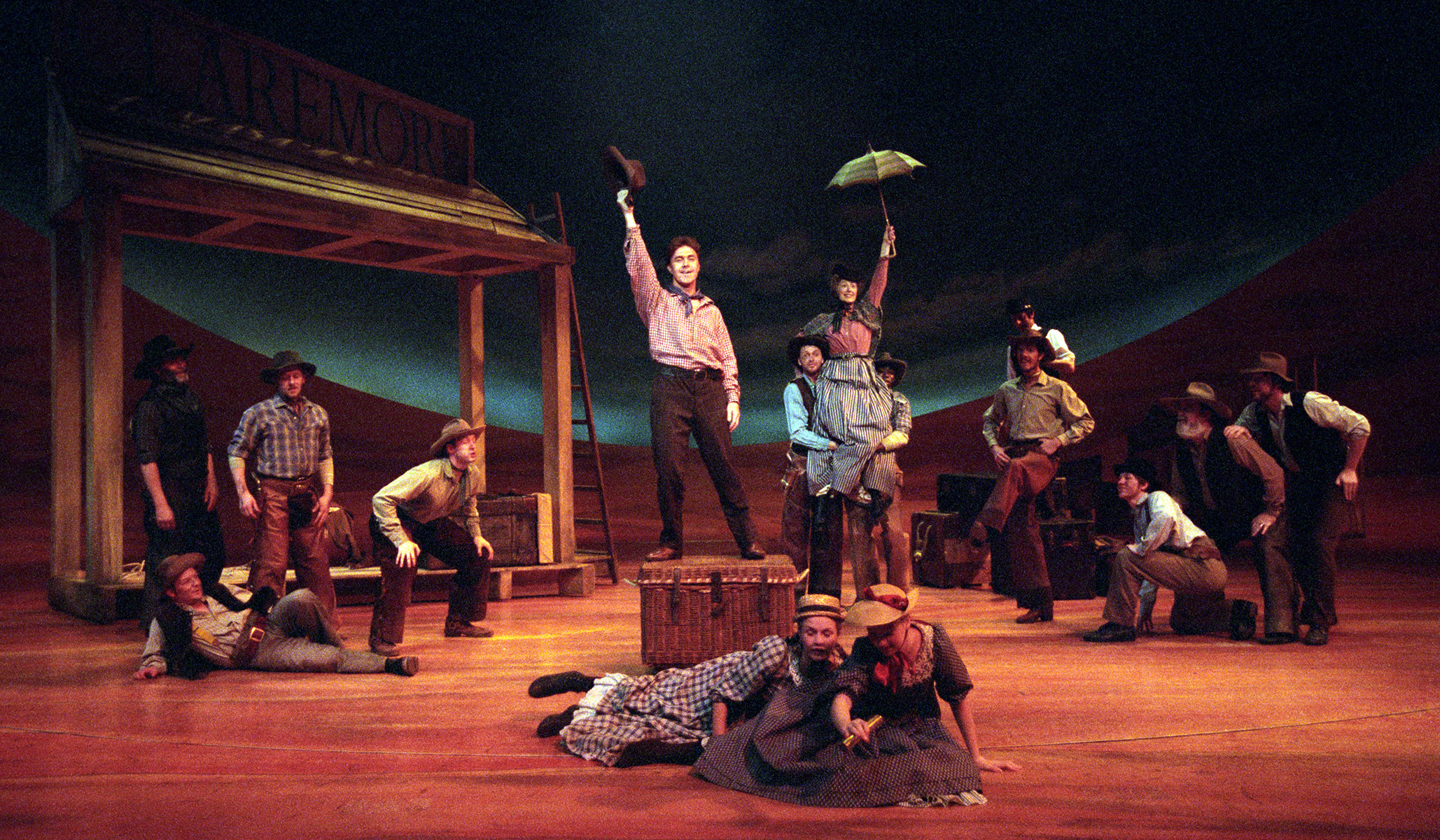
Don’t Polarize the Fight against Porn
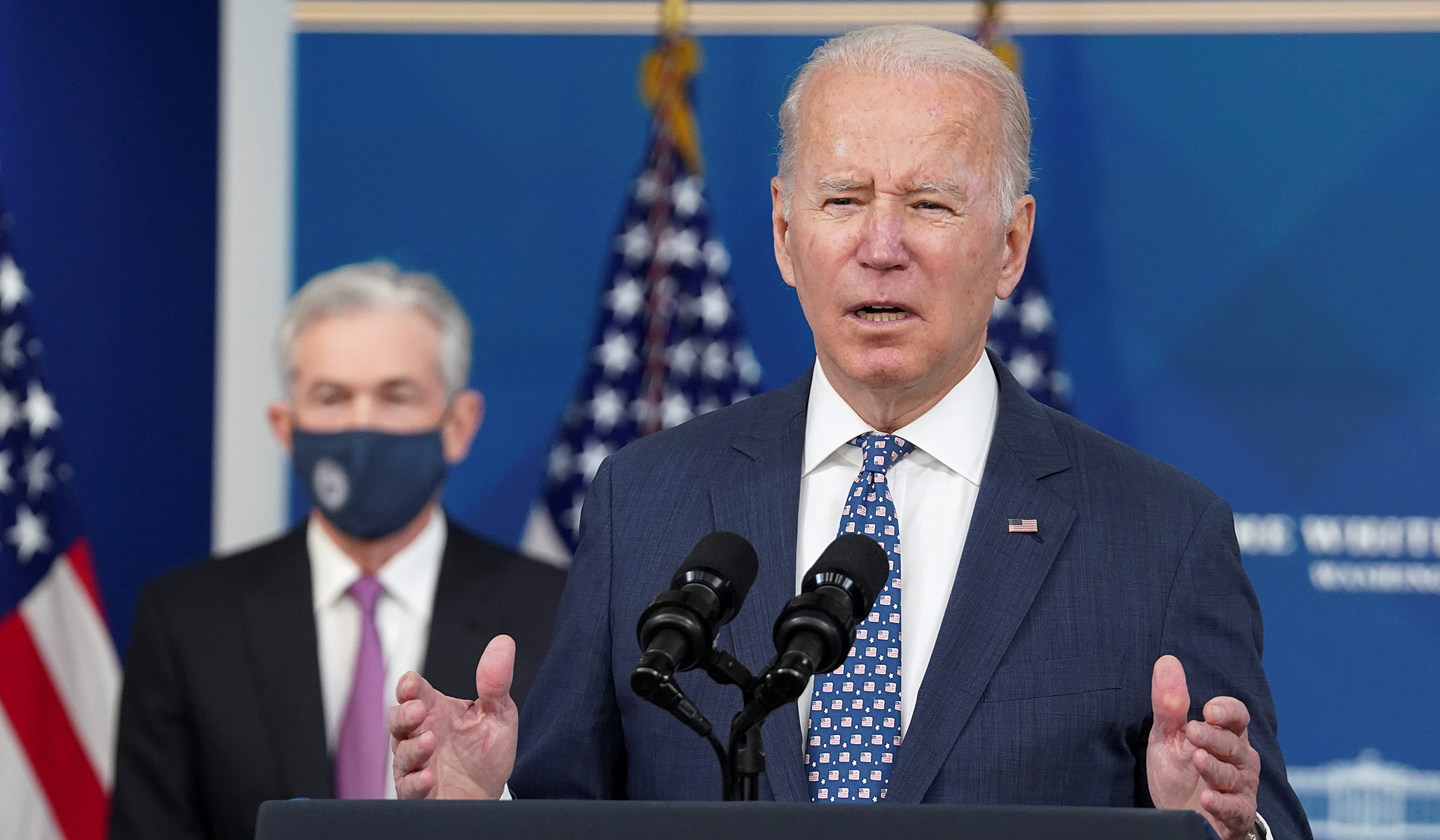
America Needs a Great Decentralization
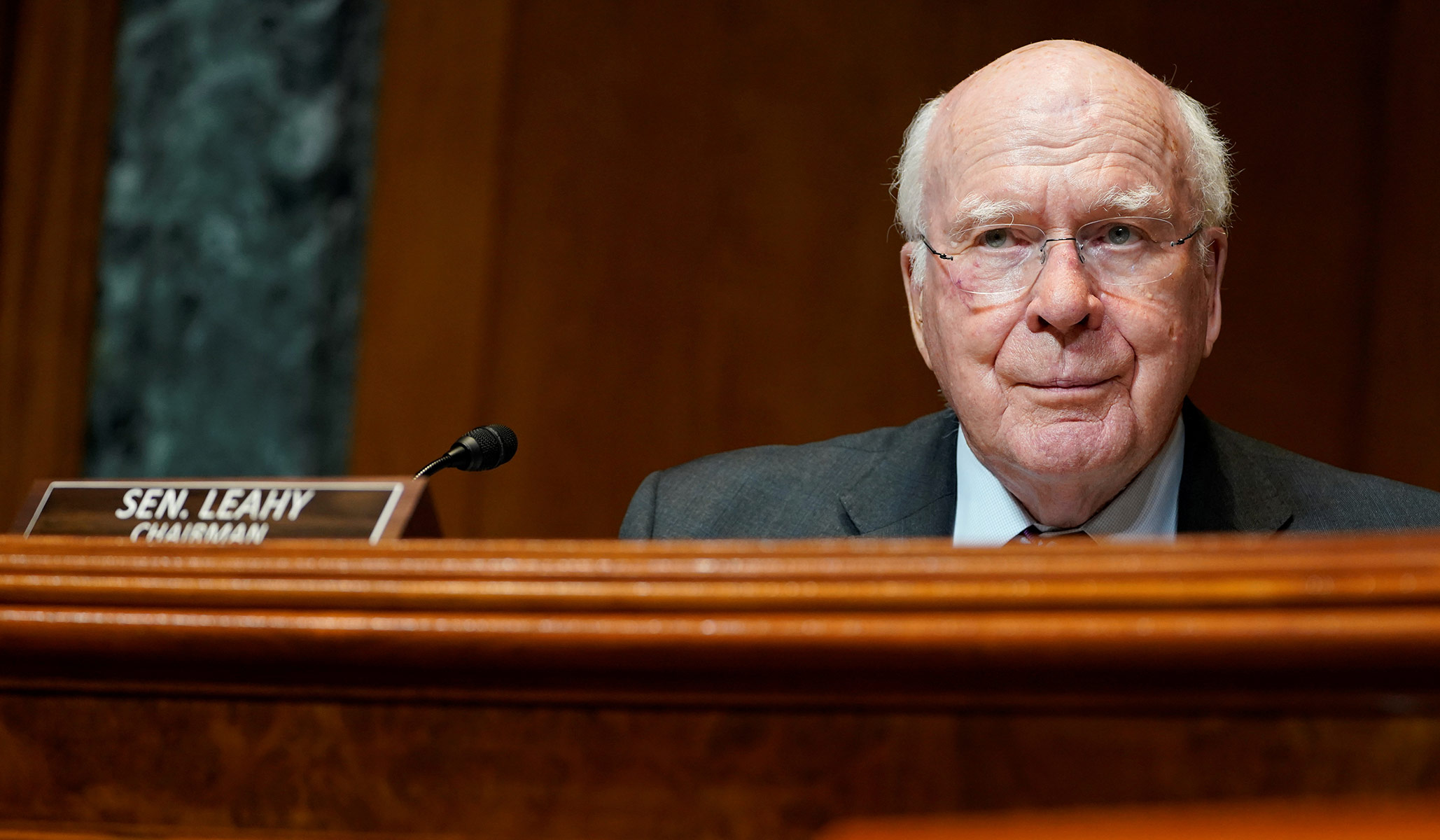
Senator Patrick Leahy’s Confirmation Standard: Actions Speak Louder Than Words
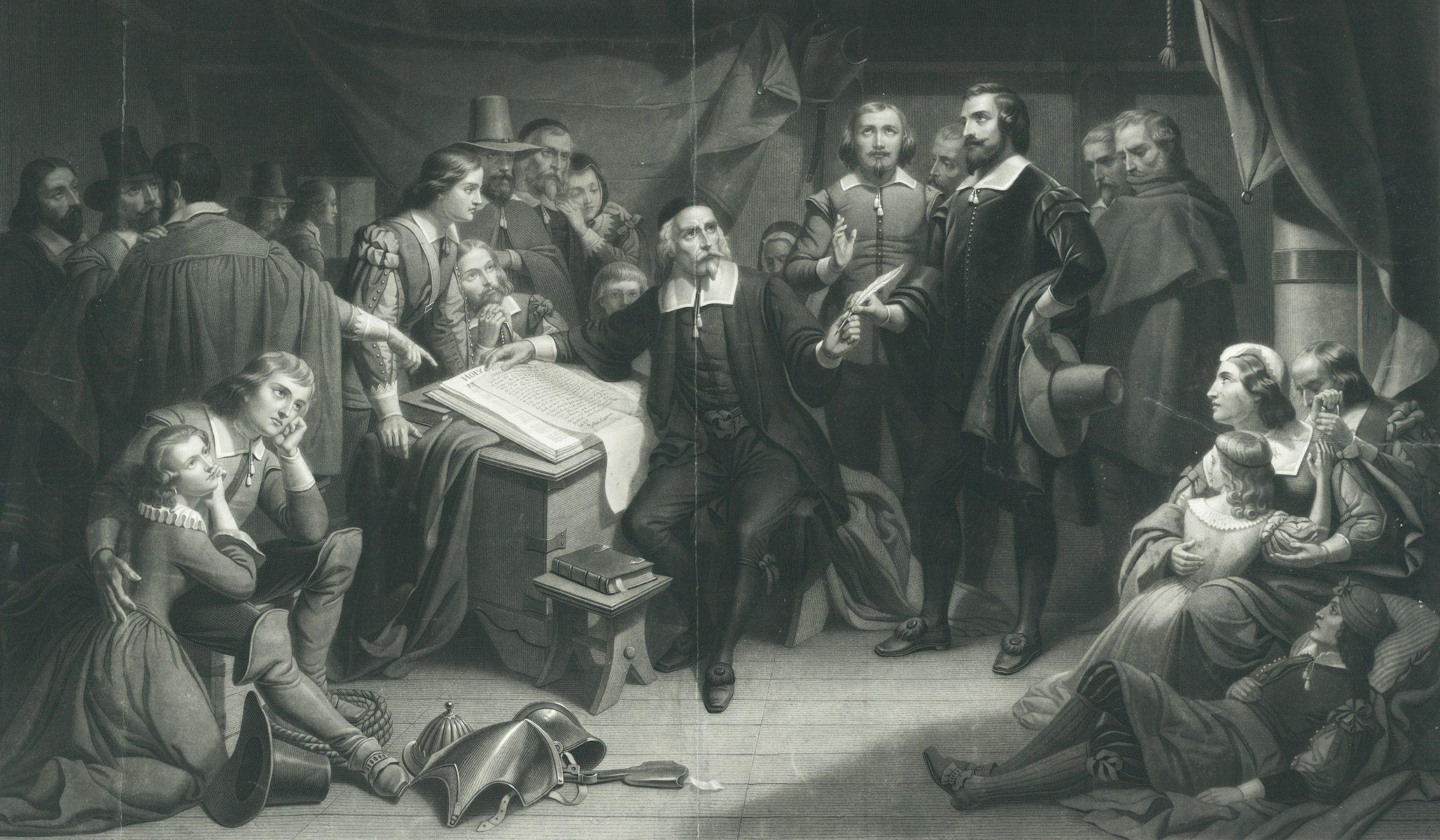
Waukesha Atrocity Should Herald an End to the Bail Charade
November 27, 2021 6:30 AM
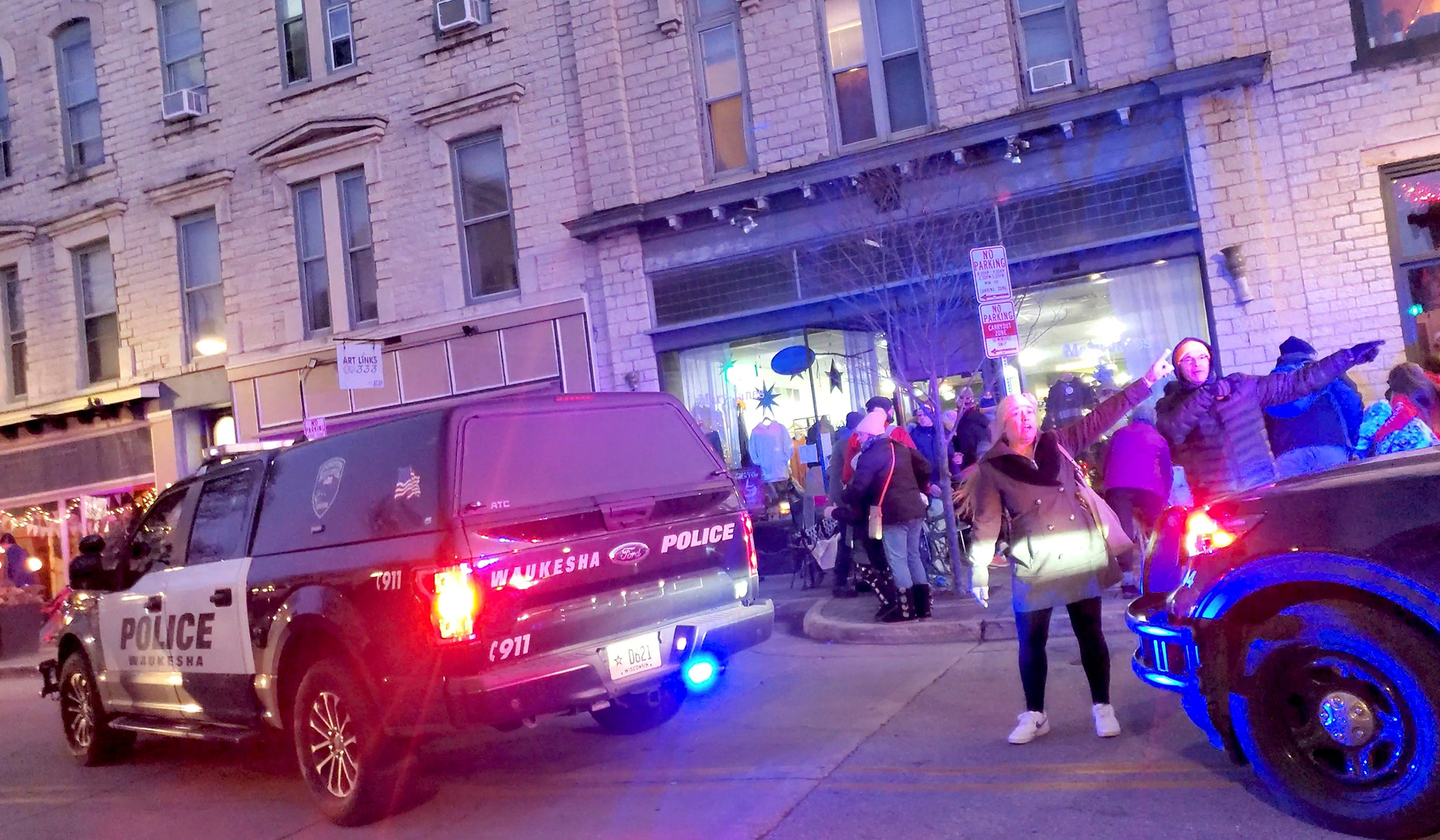
Don’t set fictional $5 million bail. Deny bail to defendants who can be established by clear evidence as dangers to the community.
NRPLUS MEMBER ARTICLELast Sunday’s atrocity in Waukesha, a mass-murder attack by a career violent criminal that ravaged a community celebration, has brought to the fore the issue of cash bail — a bête noir of self-styled criminal-justice “reformers” and thus a top agenda item of the Progressive Prosecutor Project.
Stated succinctly, Darrell Brooks Jr. had no business being out on bail. He has a two-decade record of forcible felonies. When he killed six people (a death toll that could go higher) and injured dozens of others by ramming through a parade at high speed in his SUV, he was on low-bail release on not one but two violent felony cases. For that, we can thank the unconscionable crime-enabling policies of Milwaukee district attorney John Chisolm.
First, Chisolm’s office failed to timely bring Brooks to trial on assault and firearms charges, so, to facilitate his release, his bail was reduced to $500 (originally, it had been $10,000, which was enough to hold him for a time). Then, after a November 2 incident in which Brooks allegedly beat his former girlfriend and then used the same SUV to run over her leg, causing severe injuries, Chisolm’s office agreed to release him on just $1,000 bail. At the time of both Milwaukee bail releases, there was an outstanding Nevada arrest warrant for Brooks — in addition to his other charms, Brooks is a convicted sex-offender who has allegedly violated his supervision terms.
DA Chisolm is a zealot on the matter of diverting criminals from prosecution, a position that seamlessly devolves into opposing pretrial detention for arrestees. Chanting the familiar progressive mantra, he portrays cash bail — the practice by which defendants are released upon posting an amount of money reasonably deemed to assure their appearance at court proceedings — as “criminalizing poverty.” The idea is that in our irredeemably racist system, requiring the posting of money results in the pretrial incarceration of those who cannot afford it. The poor, disproportionately in population terms, include African Americans and some other racial and ethnic minorities; better-off white defendants, by contrast, are said to be able to buy their way back onto the streets.
MORE IN JUSTICE REFORM
For the most part, this line of attack is specious. Arrest and its consequences of prosecution and incarceration are, first and foremost, products of offense behavior. The number of black people in custody is disproportionate because young black males commit criminal offenses at higher rates than other demographic groups — a fact that is as credibly inarguable as it is tirelessly repressed in public discussion.
In our system of due process, guilt is personal. An individual is guilty or not based on his own conduct, not the happenstance of his membership in a group. That said, it obviously follows that if more people from a particular group are arrested and prosecuted, then more people from that group will end up in pretrial detention (as well as post-conviction incarceration).
Still, there is a flaw in the system, one that gives the Left’s “bail reform” campaign a surface appeal. It was on display Wednesday when Brooks made his first appearance in court on the murder charges.
Determined not to follow the same wrongheaded path of her Milwaukee counterpart, Waukesha district attorney Susan L. Opper explained that the state would be “asking for high cash bail, significant cash bail, so that for all intents and purposes, they don’t have the ability to post it because it’s so much money.”
Progressive prosecutors will tell you that this is exactly what they’re getting at. The point of bail is to permit a defendant’s pretrial release on conditions, not keep the defendant in custody. If bail is pegged so high that a defendant is unable to meet it, that undermines the purpose. Yet, just as adumbrated by DA Opper, bail was eventually set for Brooks at $5 million — precisely because that’s an amount so high, a person of his means and straits has no possibility of posting it.
It is a popular misconception that the Constitution enshrines a right to bail. What the Eighth Amendment actually says is: “Excessive bail shall not be required[.]” Translation: Bail is not constitutionally required in every case; but where bail is granted, it must not be set at so high a level that it is illusory – that there really is no bail because the accused cannot meet the conditions.
Of course, that is exactly what the state has done. Clearly, Opper who proposed the bail and the judge who ordered it are not unfamiliar with so basic a constitutional point of criminal law, so what gives here? The DA elaborated, “We don’t have ‘held without bail’ in Wisconsin.” Translation: In our state, as in several states, the law does not allow judges to refuse to set bail; we get around this, in cases where common sense says release would be intolerable, by setting bail so high that there is no way the defendant can post it.
Doesn’t that flout the Constitution? Well, funny thing about that. All Bill of Rights protections are applicable against federal action. When it comes to their application against the states, however, the Supreme Court has long held to a dubious doctrine of “selective incorporation” — some provisions apply, and some don’t.
For a long time, only part of the Eighth Amendment was incorporated — the more well-known prohibition against cruel and unusual punishments. Besides that and excessive bail, the amendment also prohibits excessive fines. The High Court has not explicitly incorporated the excessive bail provision. Just two years ago, though, in Timbs v. Indiana, it held that the proscription against excessive fines was incorporated. Importantly, while the excessive bail provision was not raised in the case, Justice Ruth Bader Ginsburg’s opinion for the Court made clear that the justices believed the states must honor the Eighth Amendment in its entirety.
So it would be prudent to assume that the excessive-bail protection does apply to the states. It is only a matter of time until this implication becomes an express ruling.
What are we supposed to do, then? Release Darrell Brooks and others like him? Of course not. We should fix the law and do it in a way that deprives progressives of their claim that the bail system criminalizes poverty.
The solution is ready to hand. In 1984, Congress reformed federal bail law by permitting courts to deny bail on two grounds. The first, risk of flight, is deeply rooted. It applies when a defendant has such means, such strong ties to places outside the jurisdiction, and faces charges sufficiently serious, that there is no combination of bail conditions that would satisfy a judge that the defendant would refrain from absconding.
The second, danger to the community, was novel — and more controversial because it could be construed to undercut the presumption of innocence. It applies when the defendant, because of the nature of the offense and/or his criminal history, is so plainly dangerous that no combination of bail conditions could satisfy a judge that, if released, the defendant would not imperil the community at large — or at least potential witnesses and jurors.
In United States v. Salerno (1987), the Supreme Court rejected a constitutional challenge to pretrial detention based on a finding of danger to the community. Ever since, it has been invoked in federal violent-crime prosecutions. It is why, for example, bail is virtually never set for accused terrorists.
My default position is against imposing on the states Washington’s one-size-fits-all prescriptions. Yet on this one, the states really should adopt the federal bail law. Because there has never been any doubt that the Eighth Amendment safeguard against excessive bail applies to the federal government, Congress has more experience dealing with it, and it has enacted law that the Supreme Court has endorsed. The law makes clear that bail not only may but should be denied in appropriate cases.
By mirroring the federal standard, states such as Wisconsin would get themselves out of the fiction that, by requiring impossibly high-dollar-amount bail terms for dangerous criminals, they are actually setting bail. To the contrary, they are effectively setting no bail in violation of their current laws and setting excessive bail in violation of the Constitution. Moreover, they are giving progressive prosecutors and faux “reformers” grist for the argument that bail punishes the poor, and is a game rigged for rich white people.
Don’t set fictional $5 million bail. Deny bail to defendants who can be established by clear evidence to be dangers to the community — regardless of race, and regardless of financial means.






